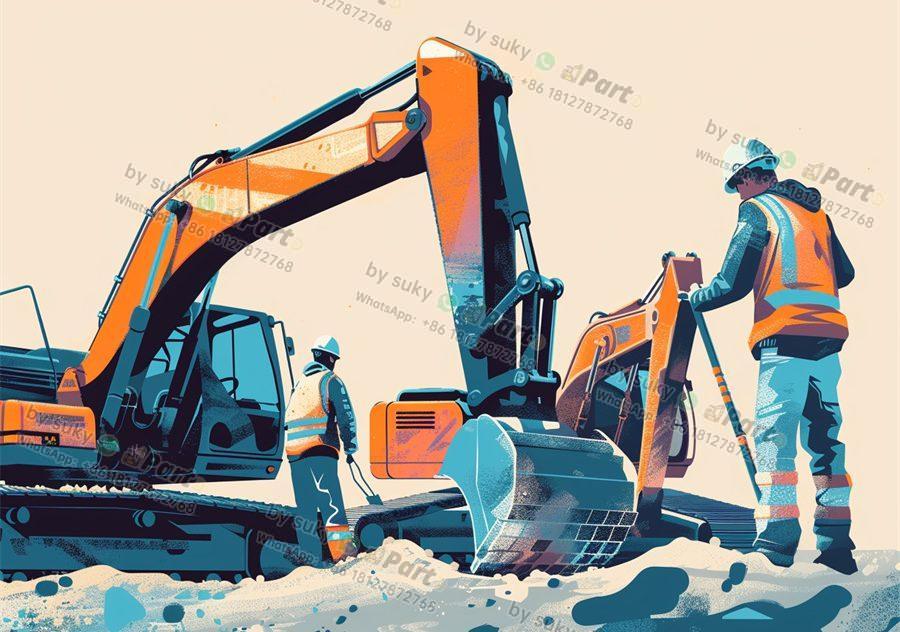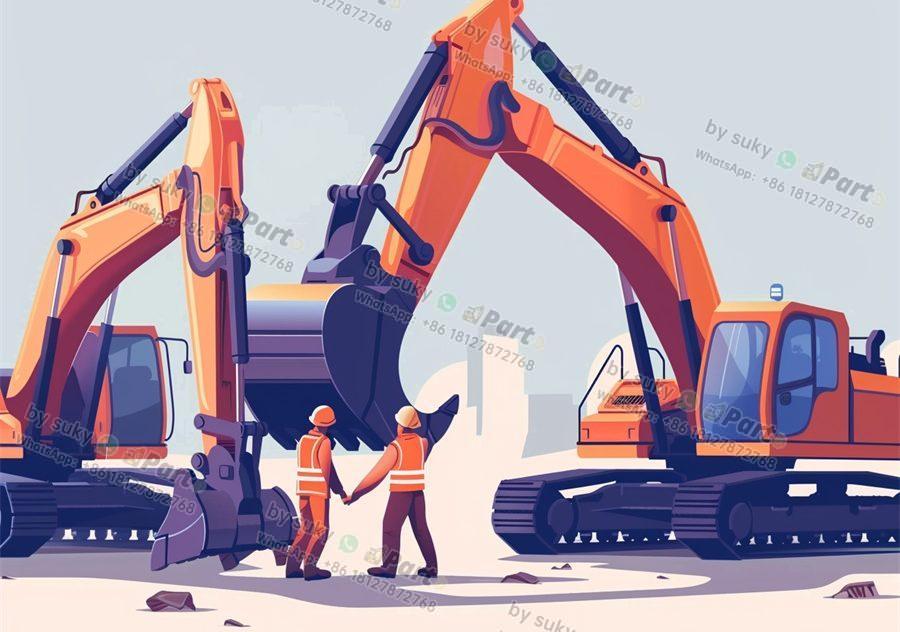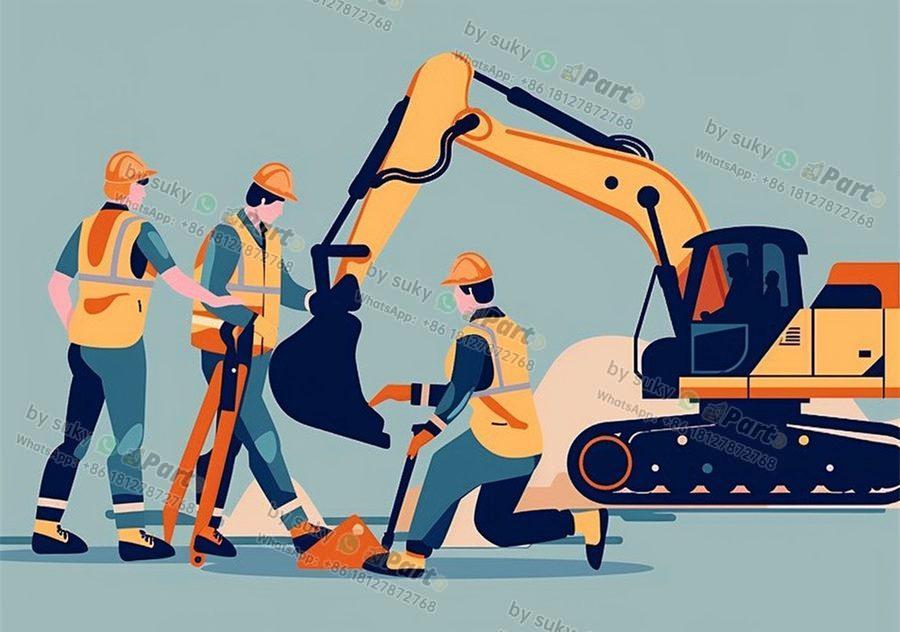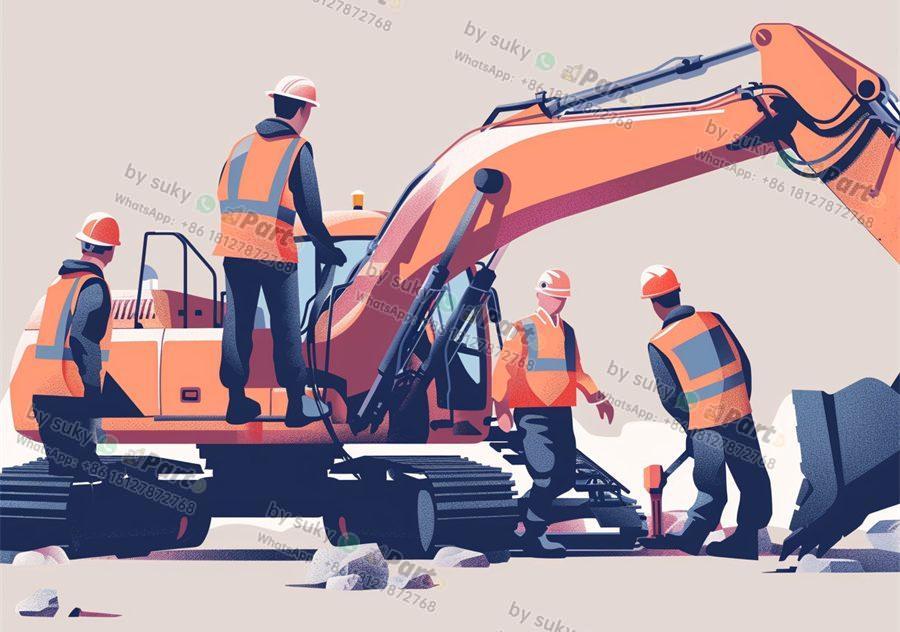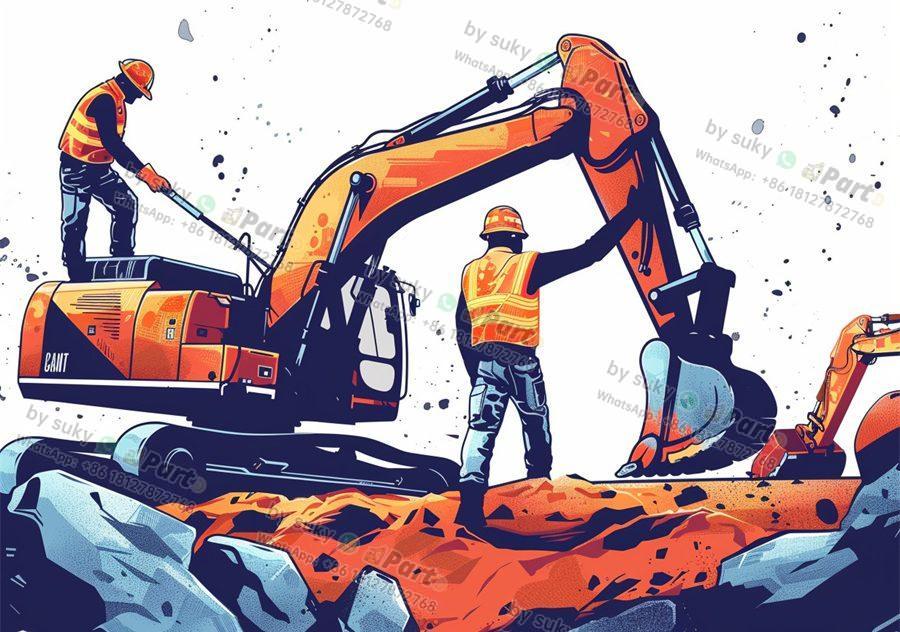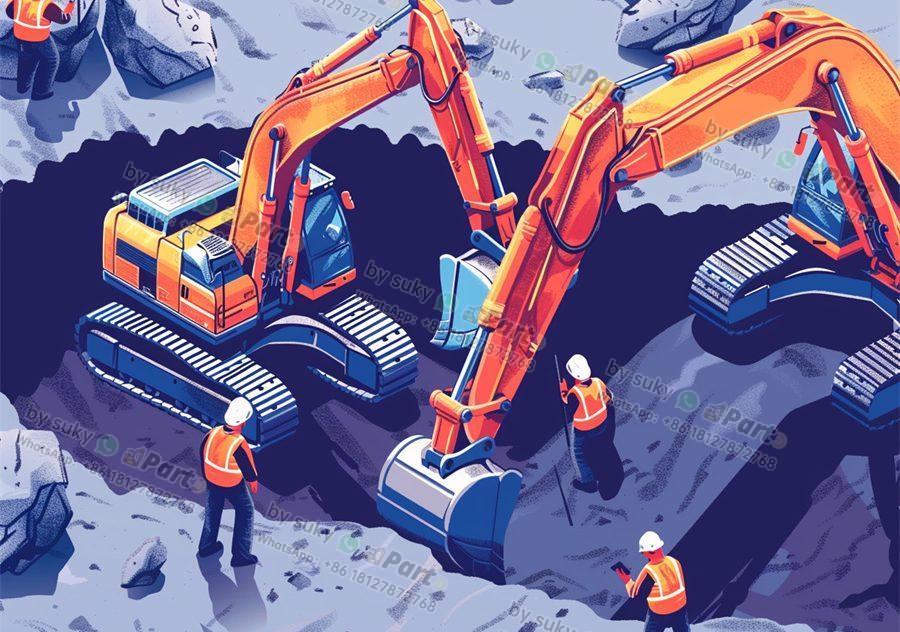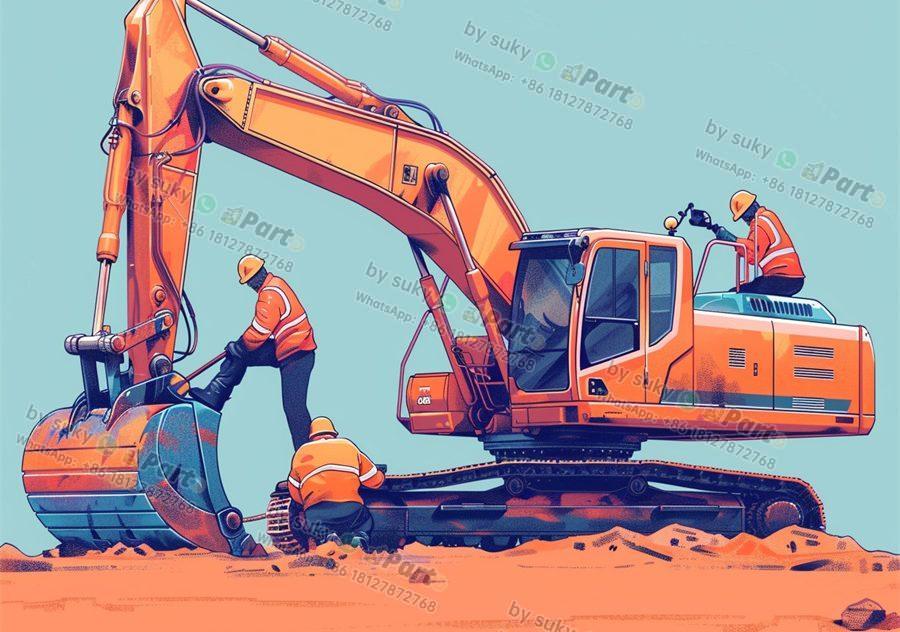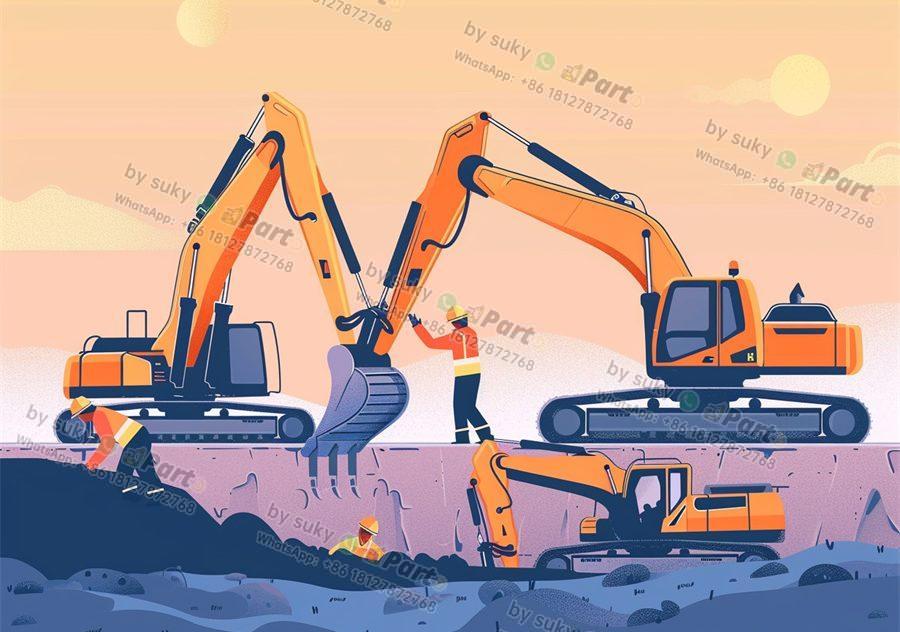In the competitive world of international auto parts trade, it is essential for importers and distributors of engineering vehicle parts to adopt effective strategies to stay ahead. Whether you are new to the industry or looking to expand your business, here are some valuable tips to help you succeed in this dynamic market.
1. Understand Your Market
Before entering the international auto parts trade, it is crucial to conduct thorough market research. Understand the demand for specific engineering vehicle parts in different regions, as well as the regulatory requirements and standards that may vary from country to country. By understanding your market, you can tailor your products and services to meet the needs of your target customers more effectively.
2. Build Strong Relationships with Suppliers
Establishing strong relationships with reliable suppliers is key to the success of your auto parts trade business. Take the time to vet potential suppliers and ensure they meet quality standards and delivery deadlines. Building trust and maintaining open communication with your suppliers can help you secure competitive pricing, access to new products, and reliable support in case of any issues.
3. Invest in Quality Control
Maintaining high-quality standards for the auto parts you import is essential to building a good reputation and retaining customers. Implementing a robust quality control process can help you identify any defects or issues before the parts reach your customers. Consider investing in regular inspections, testing, and certification to ensure that the parts you supply meet industry standards and specifications.
4. Stay Up-to-Date with Industry Trends
The auto parts industry is constantly evolving, with new technologies and innovations shaping the market. Stay informed about industry trends, market developments, and emerging technologies to identify new opportunities for growth and diversification. By keeping abreast of the latest trends, you can stay ahead of the competition and offer cutting-edge products and services to your customers.
In conclusion, successful international auto parts trade requires a combination of market knowledge, strong relationships, quality control, and industry expertise. By following these tips and staying proactive in your approach, you can position your business for success in the global marketplace. Embrace change, adapt to new trends, and always prioritize customer satisfaction to thrive in this competitive industry.

